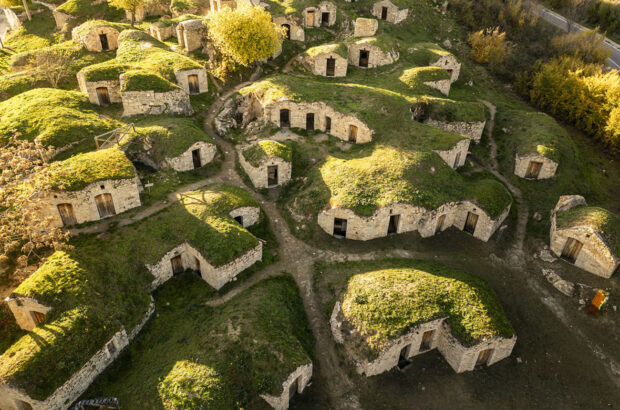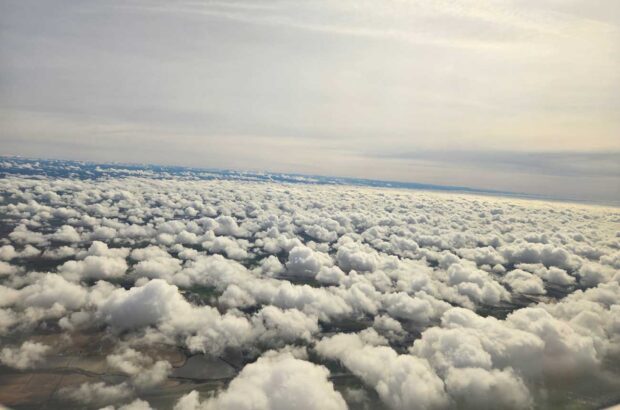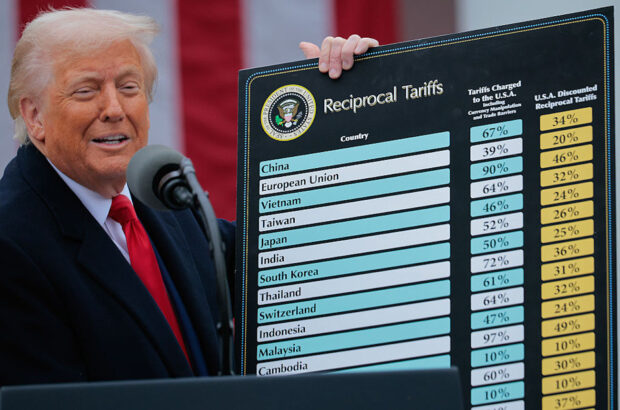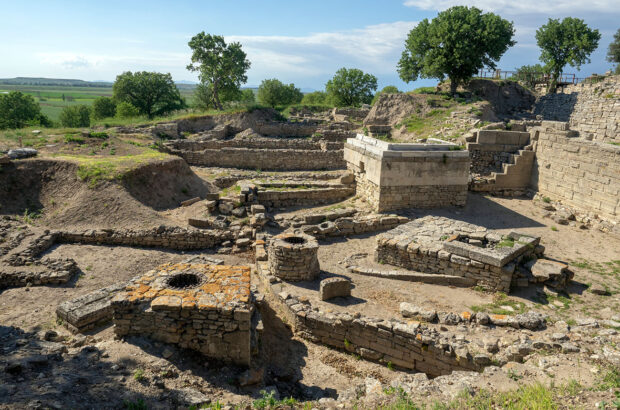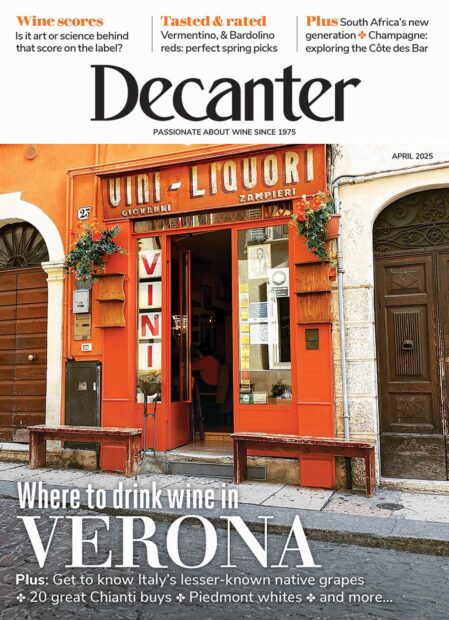Cap Classique, South Africa’s signature sparkling wine, has plenty to offer wine lovers. Made in the same way as Champagne, with a secondary fermentation in bottle, Cap Classique costs a fraction of the price, with an array of styles to choose from.
Admittedly Cap Classique has a much shorter history than Champagne. It was first made at Simonsig in 1971 by the late Frans Malan, who dubbed his traditional-method brut sparkling wine Kaapse Vonkel – or Cape Sparkle.
At a time when most of the country’s fizz was cheap, sweet and carbonated, the sophisticated style of Kaapse Vonkel stood out. But it would be another decade until a second South African winery – Boschendal – also decided to make a dry traditional-method sparkler in the 1980s.

Simonsig Kaapse Vonkel Cap Classique CREDIT: Suretha Rous / Alamy Stock Photo
The style gained momentum gradually. As producers began to share knowledge and ideas, the name Méthode Cap Classique was adopted to identify their premium product. The Cap Classique Producers Association (CCPA) was founded in 1992.
Although Cap Classique only celebrated its 50th anniversary in 2021, it has been one of South Africa’s fastest-growing wine categories in recent years.
What is Cap Classique?
The CCPA has a series of guidelines for production of Cap Classique, which can be made anywhere in the Cape winelands. First, the wine must ferment on its lees in the same bottle that it will be sold in. Second, that period of lees ageing must be for a minimum of 12 months (though it is often longer for top wines).
Since the 2023 harvest whole-bunch pressing is mandatory. The CCPA also requires its members to use only the first 450 litres of juice from pressing 1,000kg of grapes to make their top expressions. That figure rises to 600 litres for simpler styles.
The main styles of Cap Classique are defined by their residual sugar levels. Brut must have below 12g per litre of residual sugar, Extra Brut below 6g/L and Brut Nature below 3g/L.
Perhaps surprisingly there are no legal restrictions on permitted grape varieties for Cap Classique. While the CCPA recommends the classic Champagne varieties – Chardonnay, Pinot Noir and Pinot Meunier – other grapes including Chenin Blanc and Pinotage are used.

Cap Classique vineyards
Names to know
Although Cap Classique can be made across South Africa, certain regions have become known for their quality. The hardened limestone soils of Robertson produce elegant Chardonnay-led Cap Classiques, assisted by cooling ocean breezes, funnelled by the Langeberg and Riviersonderend mountains.
Other names to look out for on labels are: Elgin, Darling, Durbanville, Overberg, Plettenberg Bay and Walker Bay. These cooler regions are a good source for the Pinot Noir used in Cap Classique blends.
While pioneering wineries Simonsig and Boschendal continue to make Cap Classique, they are no longer lone rangers. The CCPA has grown from just 14 founding members in 1992 to more than 100 today.
What differentiates them on a global stage? The minimum of 12 months lees ageing for Cap Classique positions it neatly between the nine-month minimum for French crémant or Spain’s Cava and the 15-month minimum for non-vintage Champagne.
Not as cheap as Prosecco, but cheaper than Champagne or English sparkling wine, Cap Classique is a style of fizz that hugely over-delivers for the price. If you want to explore the category, here are some good value recommendations chosen by the Decanter team…




